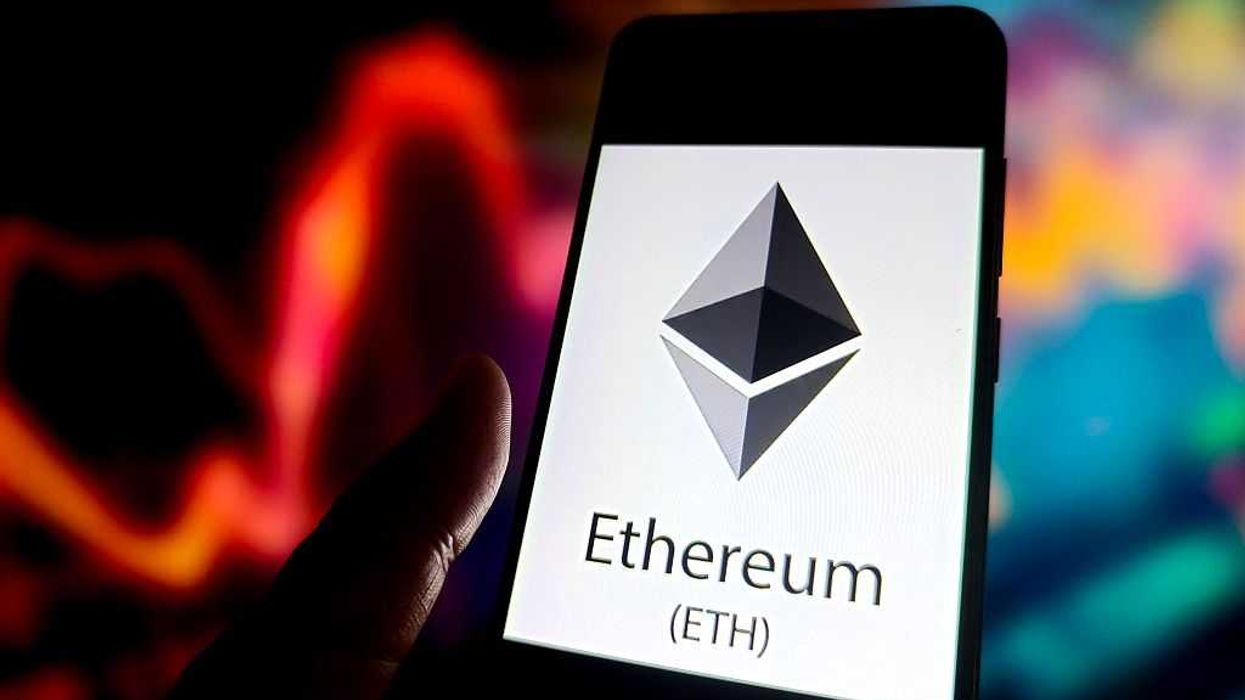
© 2025 Blaze Media LLC. All rights reserved.
Obama administration...doesn't want to stir up anger in the Arab world.
 WASHINGTON (The Blaze/AP) -- The Supreme Court is hearing arguments in a Jerusalem-born boy's challenge to State Department policy that prevents him from having his passport show he was born in Israel.
WASHINGTON (The Blaze/AP) -- The Supreme Court is hearing arguments in a Jerusalem-born boy's challenge to State Department policy that prevents him from having his passport show he was born in Israel.
Middle Eastern politics and the battle between Congress and the president over foreign policy are at play in the case being argued at the high court Monday. The Blaze first reported on this case in July. The debate surrounding the boy's passport can be best described as follows:
If an American citizen was born in Jerusalem, the United States government will not include “Israel” as the locality of birth on an individual’s passport. Considering the ongoing debate surrounding Jerusalem, this decision has purportedly been made to avoid inciting international anger among those who would dispute Israel’s ownership of the city. Some have called this move discriminatory, while others — mainly those in the executive branch — have defended it.
The Obama administration, like its Republican and Democratic predecessors, says it doesn't want to stir up anger in the Arab world by appearing to take a position on the ultimate fate of Jerusalem. Longstanding U.S. policy says the status of the city that is important to Jews, Muslims and Christians should be resolved in negotiations.
But lawyers for 9-year-old Menachem Zivotofsky argue that the foreign policy concerns are trivial. Thirty-nine lawmakers from both parties are siding with the boy and his parents, defending a provision in a 2002 law that allows Israel to be listed as the birthplace for Americans born in Jerusalem.
President George W. Bush signed the much larger law, but said the provision on Jerusalem interfered with his power over foreign affairs, including the authority to recognize foreign states. Bush issued a signing statement at the time in which he said that "U.S. policy regarding Jerusalem has not changed."
 Israel has proclaimed the once-divided city as its capital; the U.S. and most nations do not recognize Jerusalem as the capital.
Israel has proclaimed the once-divided city as its capital; the U.S. and most nations do not recognize Jerusalem as the capital.
Had Menachem been born in Tel Aviv, the State Department would have issued a passport listing his place of birth as Israel. The regular practice for recording the birth of a U.S. citizen abroad is to list the country where it occurred.
But the department's guide tells consular officials, "For a person born in Jerusalem, write Jerusalem as the place of birth in the passport."
In late 2002, Naomi Zivotofsky, Menachem's mother, showed up at the U.S. embassy in Tel Aviv to get her baby a U.S. passport, one that listed Israel as his birthplace. After State Department officials refused her request, the family sued.
The Zivotofskys and their supporters at the Supreme Court point out that other federal agencies, including the Defense and Justice Departments, refer in official documents to "Jerusalem, Israel." The legal briefs also note that the hospital where Menachem was born is in west Jerusalem, over which there is no dispute about Israeli sovereignty, except by parties that oppose the nation's existence at all.
In August, journalists and critics claimed that the White House was beginning to cleanse documents and web site of any references to "Jerusalem, Israel." This wording was present in a number of places, then it allegedly disappeared. This, of course, has implications in the Zivotofsky court case.
If the U.S. government has, indeed, been labeling Jerusalem as an official part of Israel, it complicate's the White House's case against placing this label on a passport. The Blaze has reported on this extensively.
Here's a video that showcases some of the alleged removals:
The family also says that the State Department has made an exception for U.S citizens born in Taiwan. Their passports may list their place of birth as Taiwan, rather than China.
Federal courts have so far said they have no authority to consider the matter, which they have labeled a political dispute that is best resolved by the other two branches of government without court involvement.
The Supreme Court has asked for argument on that issue, as well as on the substance of the family's plea that the law regarding passports be enforced.
Want to leave a tip?
We answer to you. Help keep our content free of advertisers and big tech censorship by leaving a tip today.
Want to join the conversation?
Already a subscriber?
Billy Hallowell is a digital TV host and interviewer for Faithwire and CBN News and the co-host of CBN’s "Quick Start Podcast."
Billy Hallowell
Billy Hallowell is a digital TV host and interviewer for Faithwire and CBN News and the co-host of CBN’s "Quick Start Podcast."
more stories
Sign up for the Blaze newsletter
By signing up, you agree to our Privacy Policy and Terms of Use, and agree to receive content that may sometimes include advertisements. You may opt out at any time.
Related Content
© 2025 Blaze Media LLC. All rights reserved.
Get the stories that matter most delivered directly to your inbox.
By signing up, you agree to our Privacy Policy and Terms of Use, and agree to receive content that may sometimes include advertisements. You may opt out at any time.






